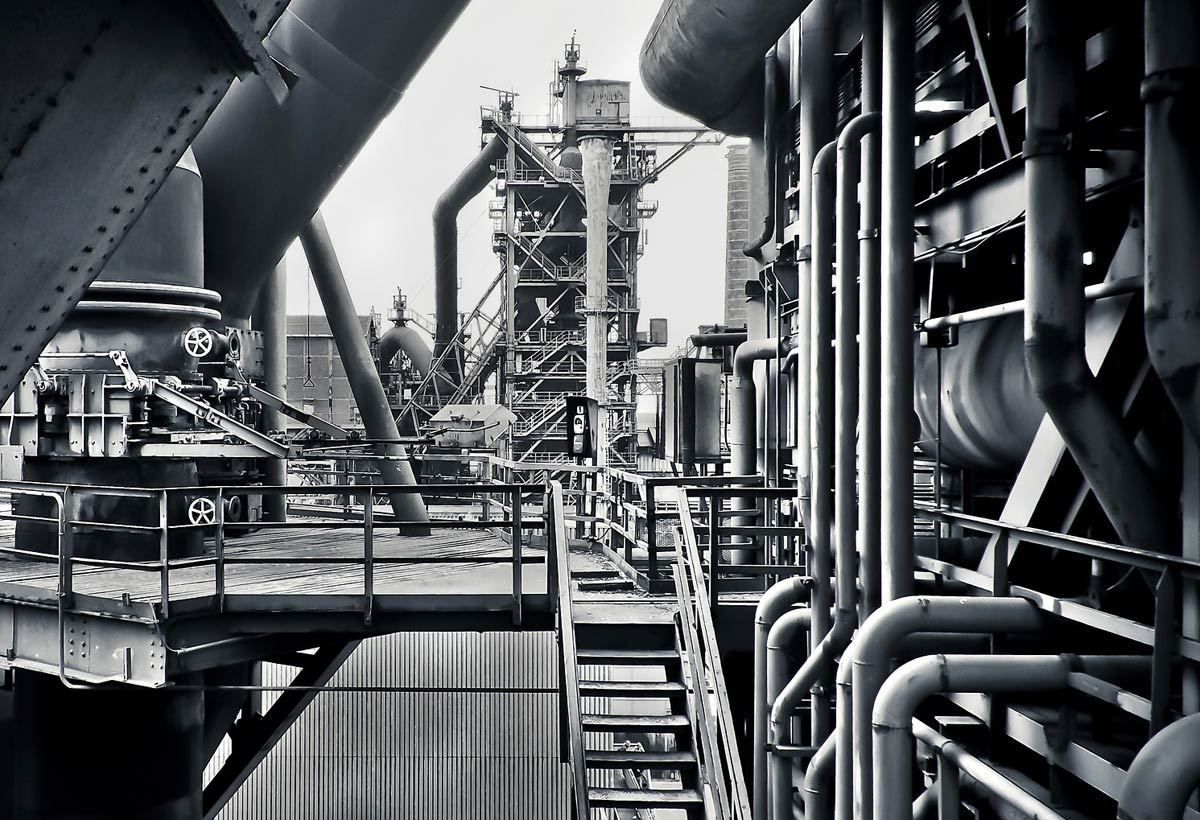Zero Waste Europe (ZWE) says its new study shows that efficiencies of electricity generation of existing EU waste incineration facilities are “appallingly low”.
ARTICLE FROM CIRCULAR : THE SUSTAINABILITY MEDIA BRAND

The study, “Debunking Efficient Recovery: the Performance of EU Incineration Facilities”, was conducted by Equanimator. ZWE says the study found that typical efficiencies of generation of energy, especially when generating electricity only, are around the mid-20’s % in the best cases.
This compared poorly with the figures of around 35% for coal-fired electricity generation, and 55% for combined cycle gas turbine (CCGT) plants.
ZWE says the study questions the “rather arbitrary” basis for distinguishing between disposal (D10) and recovery (R1) incineration.
The energy efficiency threshold set under the R1 formula that was established to distinguish between waste disposal and recovery incinerators is far too easily met, ZWE says.
The organisation continues that the R1 threshold could be achieved at efficiencies of as low as 16.5% net efficiency. The report thus recommends abandoning what ZWE calls the “meaningless distinction” between D10 and R1 incineration.
The report provides evidence that burning waste for energy is a very inefficient process.
ZWE says the low generation efficiency of incineration leads to greenhouse gas emissions per unit of electricity that are almost double those associated with natural gas generation.
In anticipation of the European Commission revising the Waste Framework Directive, ZWE is calling for the Commission to remove the R1 formula in Annex II of the Waste Framework Directive so that municipal waste incineration is no longer able to be classified as “recovery.”
The organisation also wasn’t the commission to establish a mixed (residual) municipal waste generation target of 100 kgs per capita by 2035, which shifts the focus from the disposal of waste to addressing the mixed waste generation in the first place.
Commenting on the study’s publication, Janek Vähk, ZWE’s Climate, Energy, and Air Pollution Programme Coordinator, said:
“The report provides evidence that burning waste for energy is a very inefficient process and as such the energy recovery aspect of it is often overemphasised by some stakeholders.”
“Moreover, the ongoing decarbonisation makes it increasingly difficult to consider waste as a suitable source of energy, thus the need to recover energy from waste which led to the R1 formula is outdated.”
